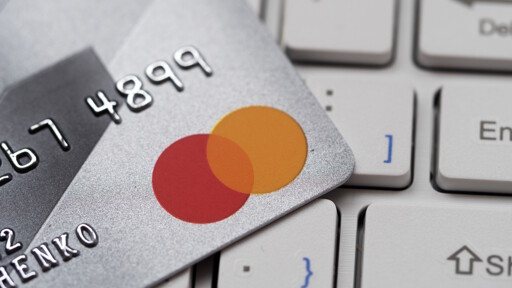Mastercard has not evaluated any game or required restrictions of any activity on game creator sites and platforms, contrary to media reports and allegations.
Our payment network follows standards based on the rule of law. Put simply, we allow all lawful purchases on our network. At the same time, we require merchants to have appropriate controls to ensure Mastercard cards cannot be used for unlawful purchases, including illegal adult content.
Media contact
Seth Eisen



American Payment Processors really need more competition. They can not be trusted to act in a free market sense and not drift into a chaindog for political ideas.
It feels to me like payment processing has a similar function to physical currency. Like all of those security features on the bills are used to ensure the transaction is trusted.
Point being, I’ve long thought that payment processors are essentially doing a job that should be done by the government.
There are strange gaps where physical services have digital analogues but are completely ignored by the government.
I don’t understand why the treasury doesn’t process payments or why the post office doesn’t issue email addresses, for another example.
Anyways, back to the point, physical currency specifically says that it is valid for all debts. If they applied the same logic to payment processing, then this would never happen.
Probably because government and the people in charge of government are largely tech illiterate and being literate or seeking policy advice from literate people isn’t expected.
It is fucking wild that we don’t have INTERAC credit cards here in Canada
Payment processing is one of those things that really should have been treated as a public utility from the start. The same way we treat water, electricity, and phone lines. But even getting the internet treated as a utility has been a losing battle.
Would it be possible to build a FOSS alternative to all this?
They’re trying with GNU Taler, but it’s pretty much a pipe dream at this point.
Does Bitcoin count?
With how volatile cryptocurrency has been in general in the last decade or so, I wouldn’t bet on it.
Crypto is ultimately a different form of money, as compared with fiat.
What I think people in this discussion are seeking is an electronic, FOSS , secure network that can facilitate economic transactions of fiat currency.
Of course the two don’t have to be mutually exclusive
Does DAI count?
What’s DAI?
Fiat currency is the problem
I feel like it should be super easy now for smaller competitors to pop up by just offering digital credit services using tap on mobile phones. No need to manufacture and ship out plastic cards, just a digital version people keep on the phone, until they get large enough to be able to provide physical cards.
The issues here are trust, security, adoption and so forth. It’s not easy to start a competition here I’d say.
It’s a catch 22. You need a phenomenal amount of capital to stand up a payment network with all those criteria, but anyone with that amount of capital can’t actually be trusted not to abuse their position in exactly the same way the existing banking networks have.
Probably not just capital, also political influence and other ways I guess. But yes, it’s always a problem if it’s like that. If you ask me, there should be a generic independent payment backbone, where many providers could provide payments - like internet or something like that.
Well at least with phone tap there’s like a limit of $200, so maybe some company can corner a niche market where they only cover small daily purchases. No $10,000 credit balances or $2000 purchases and points and whatnot, just like $1000 balance limits and max $200 on purchases through tap.
You wouldn’t need quite as much capital that way, and I bet that would eat a good chunk of business from visa and MasterCard.
Have you tried Discover or American Express?
I live miles and/or kilometers away from the three business that accept either of those